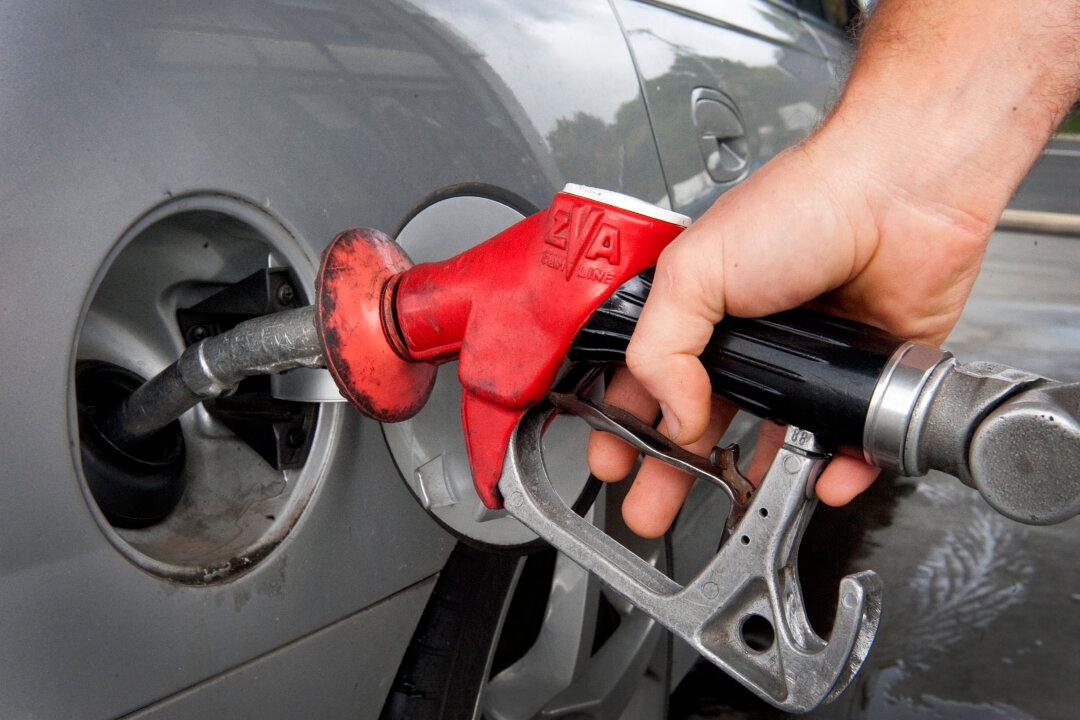Experts are warning that Australia’s pursuit of efficiency coupled with a “she’ll be right” attitude has put the country’s fuel supply in danger. Many are also concerned that the federal government’s recent efforts to address the problem are not enough to eliminate any vulnerabilities.
The comments come as the Australian Parliament looks set to pass the Fuel Security Bill 2021, which will compel the oil industry to maintain stock levels above a certain threshold and solidify a government pledge to subsidise local refining operations.





